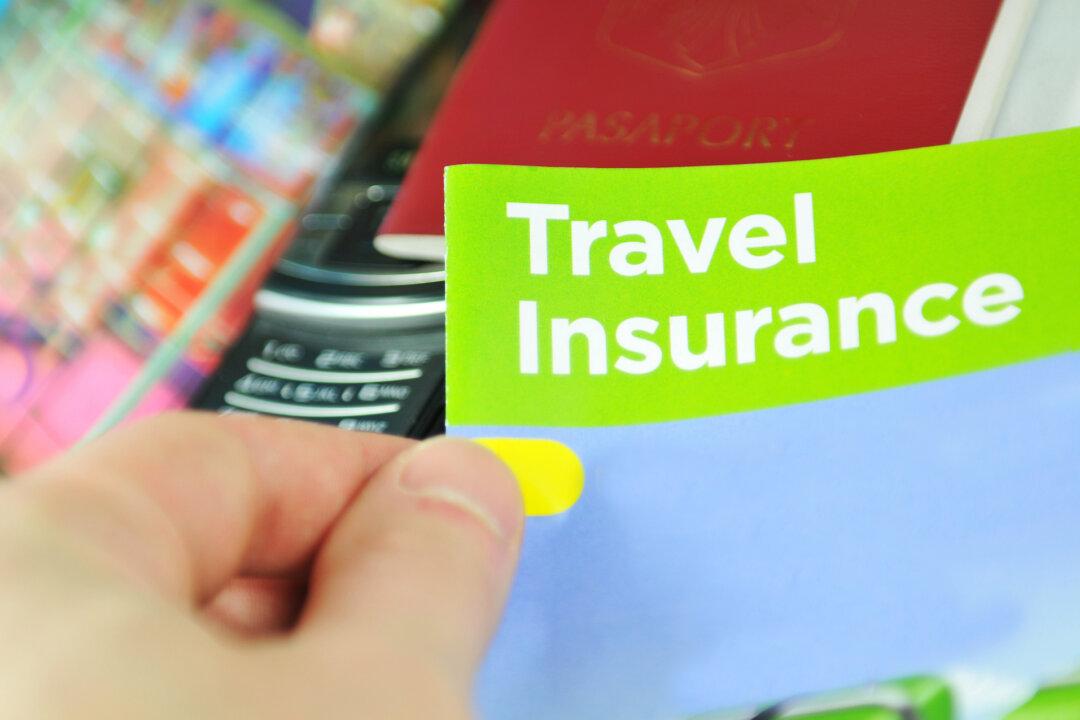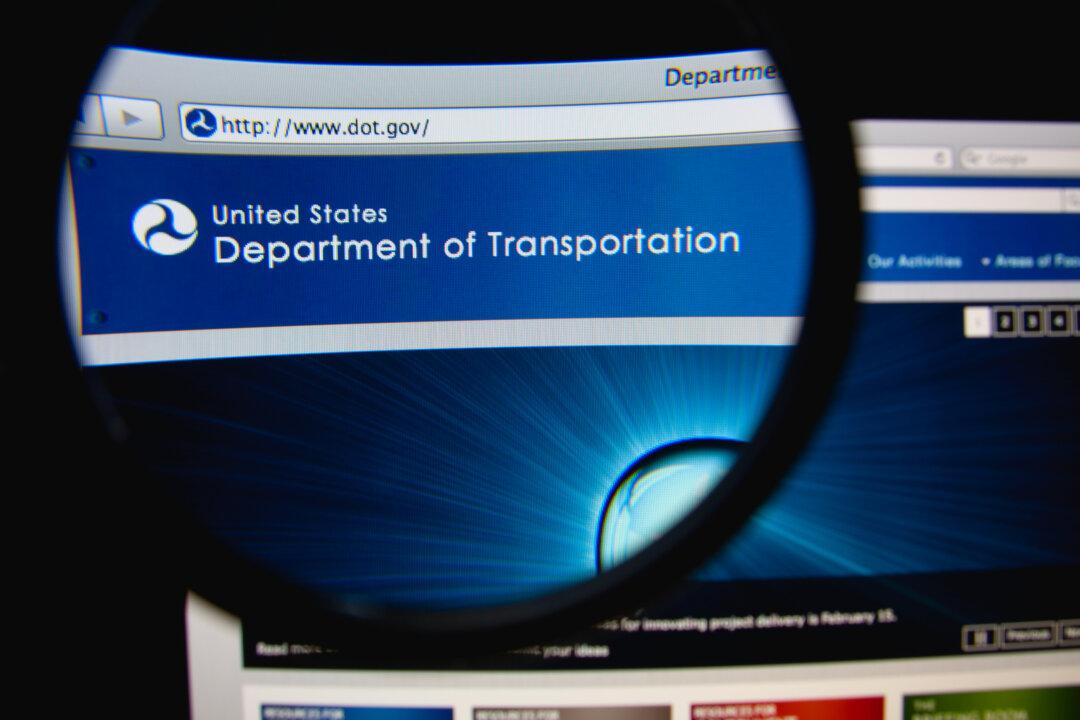You’ve probably seen a lot of stories explaining why you need travel insurance. They concentrate on speculating about all the really bad stuff that might happen before or during your trip. Although the bad stuff is important, focusing on it is misdirected: You need travel insurance for only one reason—money.
Insurance is all about money. It can’t stop a war or quiet a volcano, all it can do is make sure that you don’t lose money due to that war or volcano. So the formula is simple: If you have more money at risk than you can comfortably walk away from if something bad unexpectedly happens, you need insurance. If you don’t have money at risk, fuggedaboutit.





